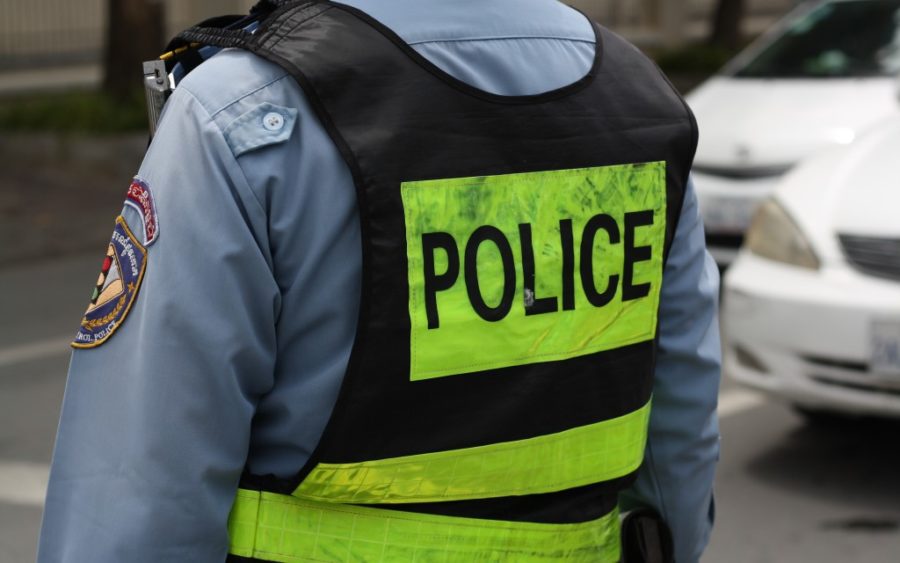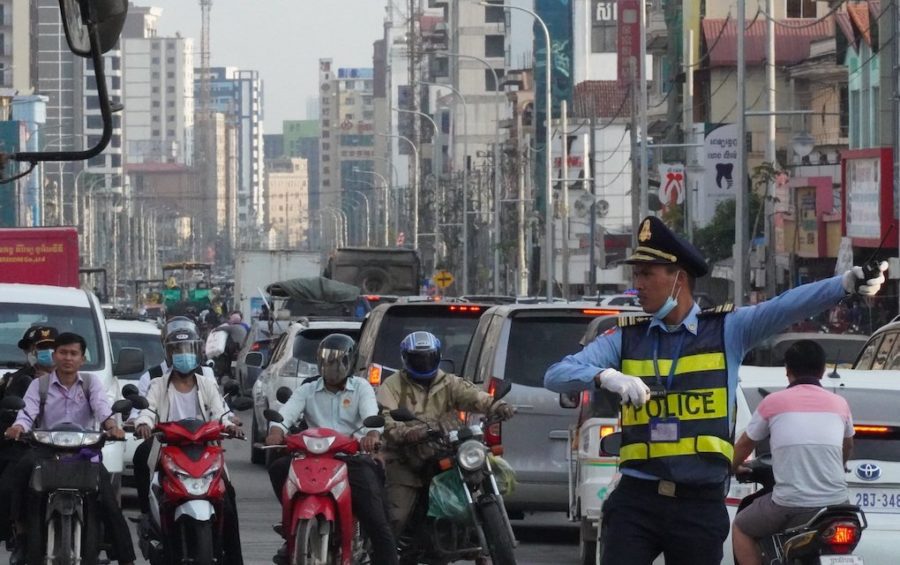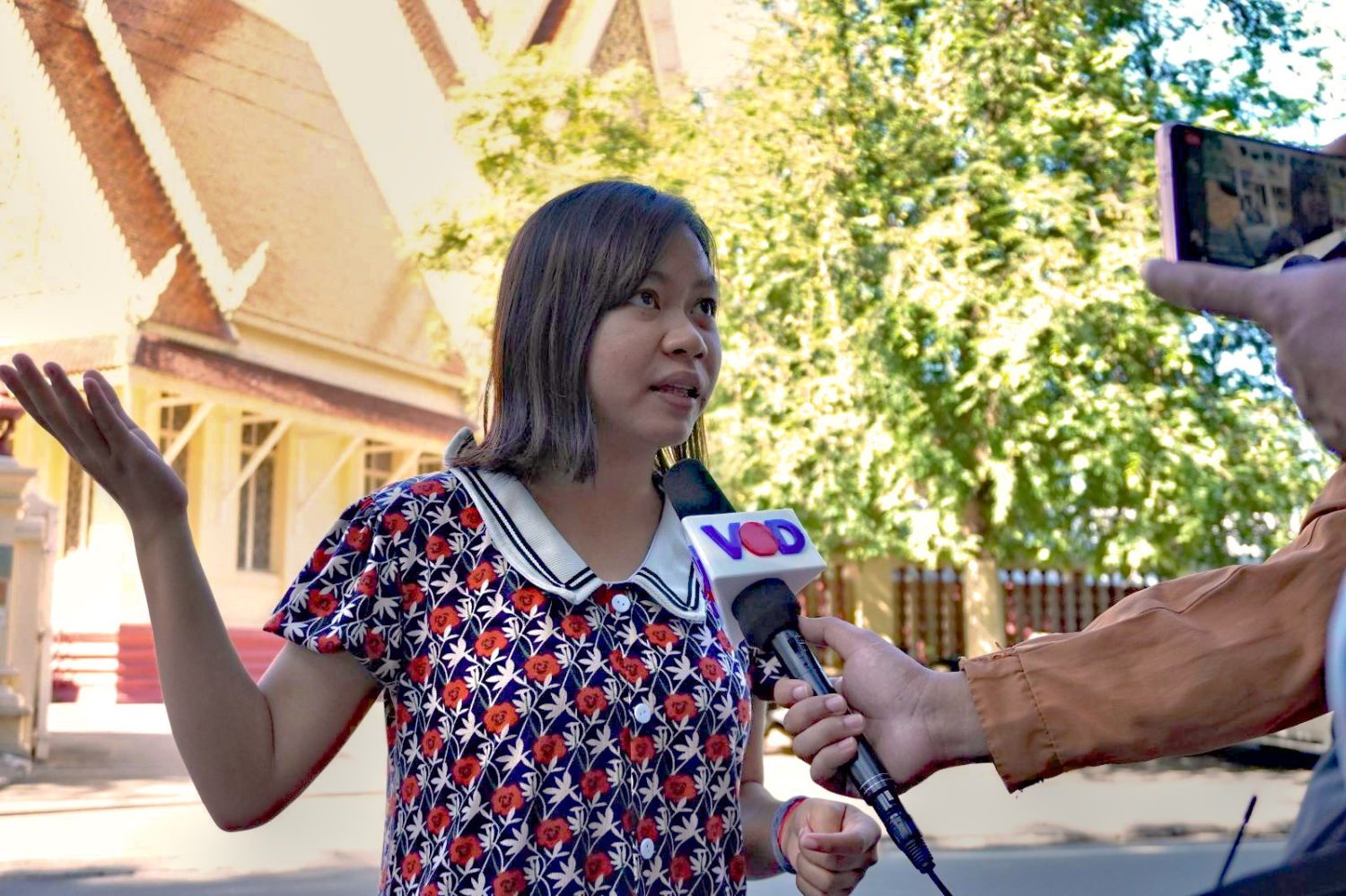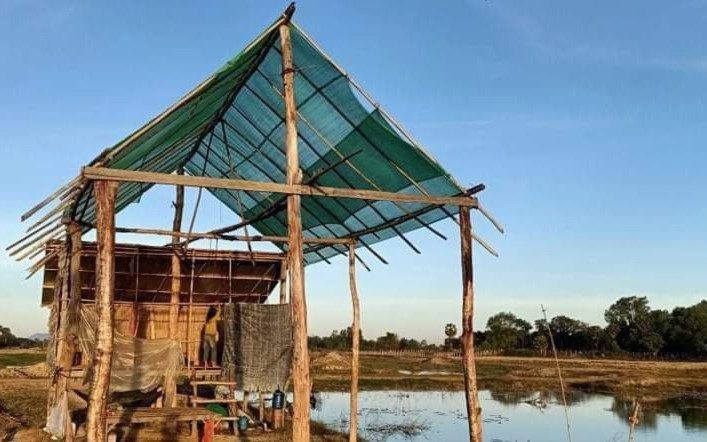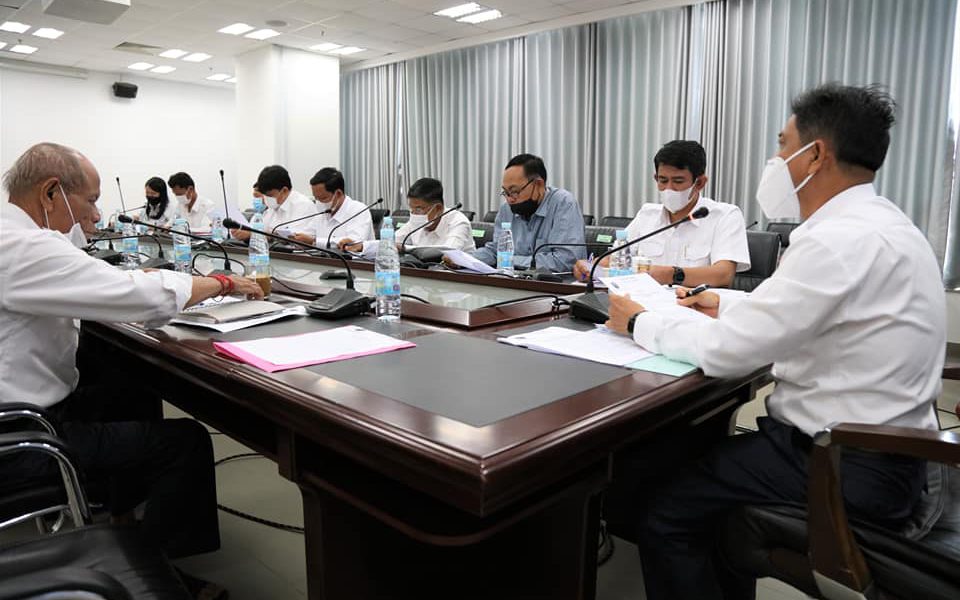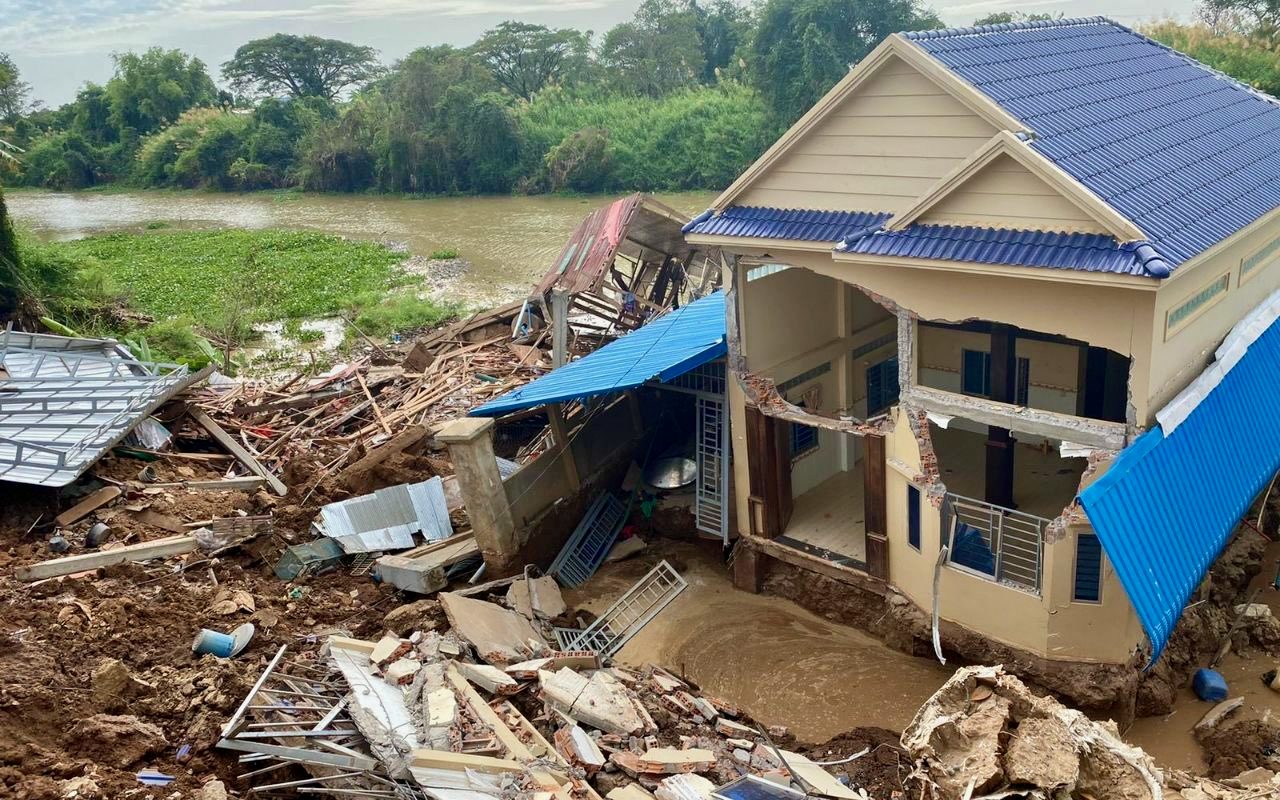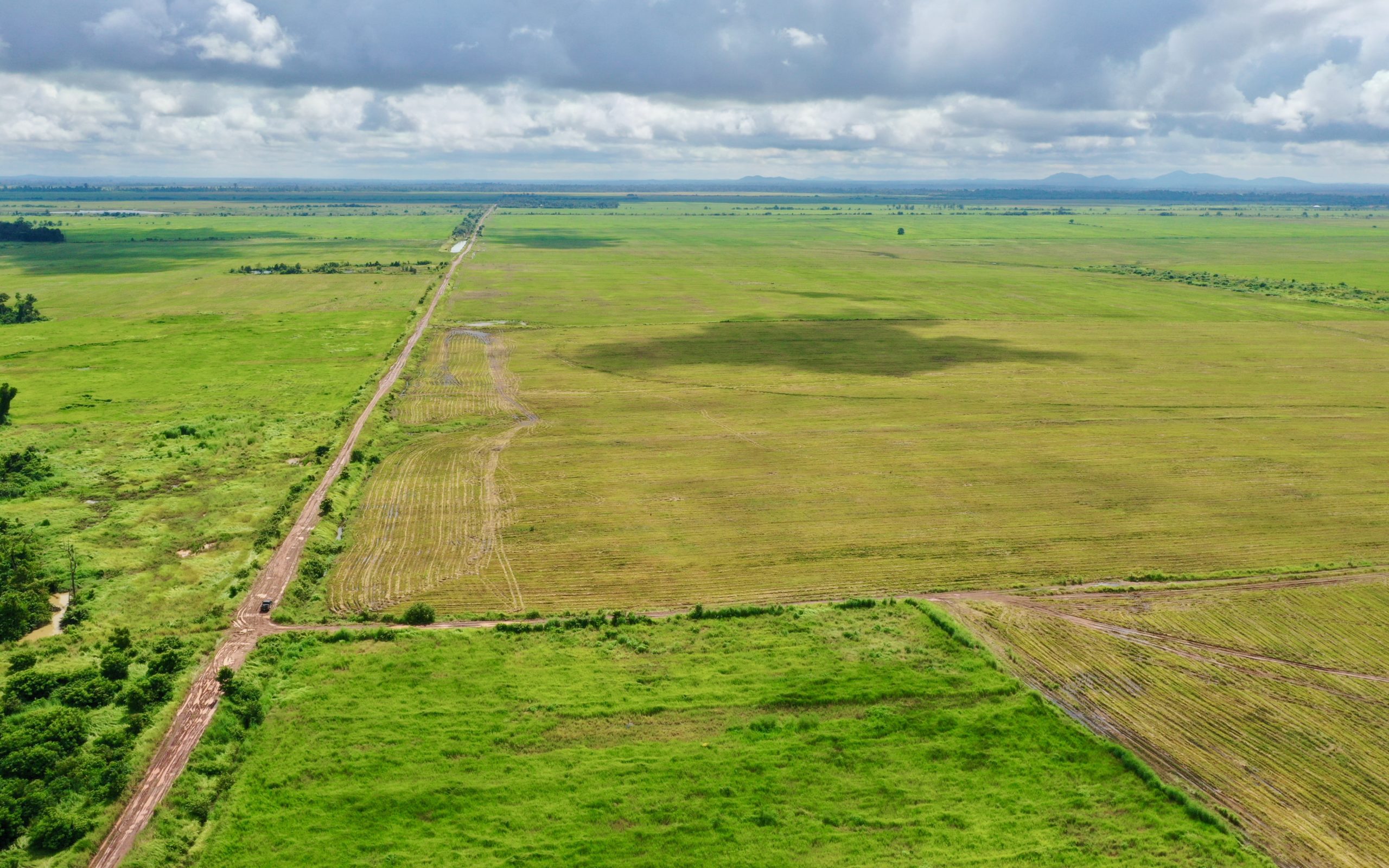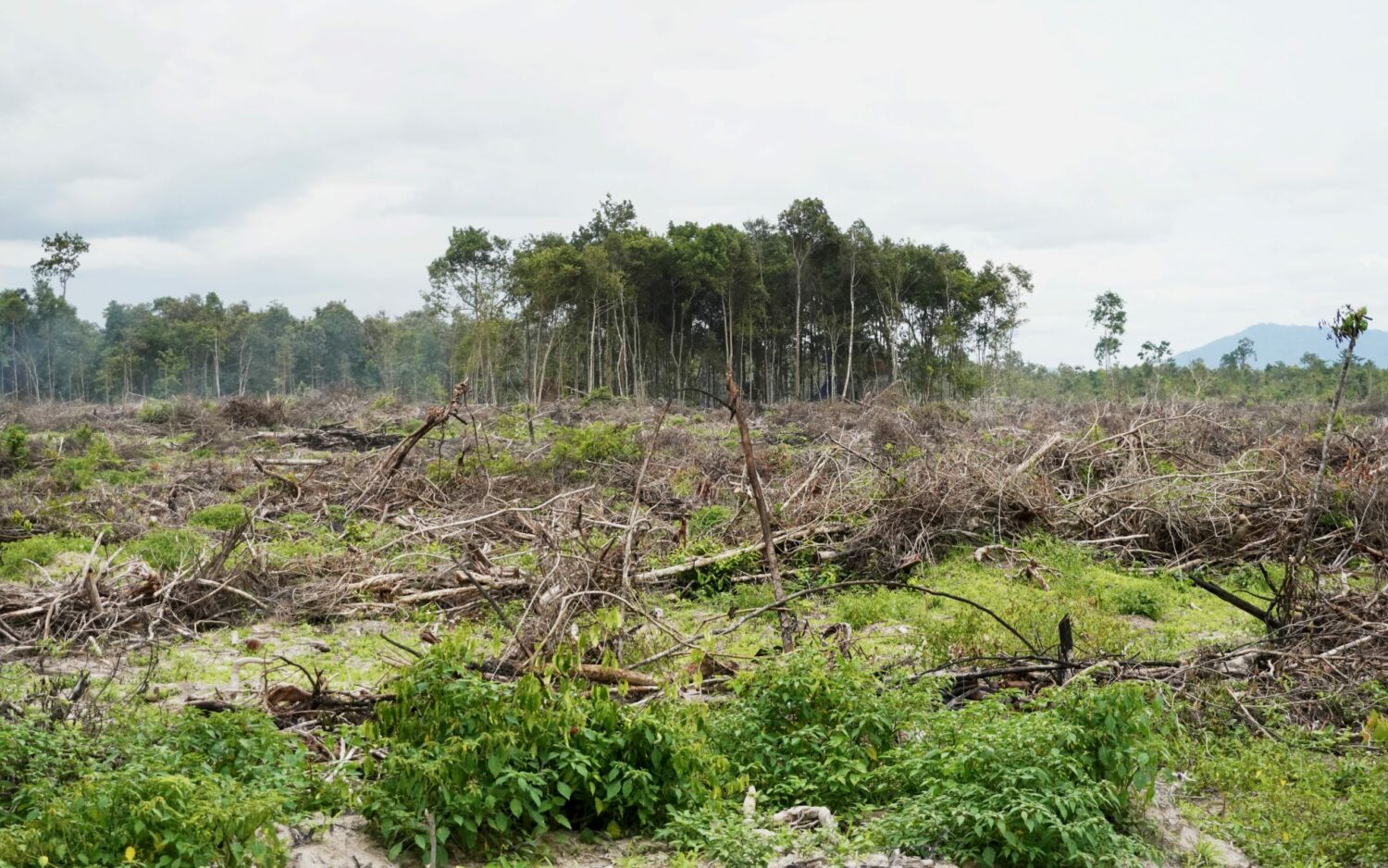An Interior Ministry investigation refuted a string of Battambang police explanations of an alleged torture death — first that the detainee was beaten by villagers, then that he had a traffic accident, and third that he died from a drug overdose.
But it requested a further National Police investigation into whether there was “mild or severe” torture behind the man’s death, and to hold those response “in case of torture.”
Pich Theareth, 31, a murder suspect, died while being transferred from the Sangke district police station to the Battambang provincial police headquarters on April 3, according to the report by the Interior Ministry’s National Committee Against Torture.
The man had been arrested in O’Dambang I commune earlier that day after allegedly electrocuting his wife, Chea Chanrachna, 30, by laying a live wire in their house.
Theareth was arrested around 3:30 p.m., and died around 7 p.m., the report says.
The anti-torture committee began its research on April 8 based on social media and news reports, and spoke to commune, district and provincial police officials, relatives, witnesses and others.
But it was given an “unclear” clarification from Sangke district police officers, who said local people were fighting with the suspect at the time of his arrest, the report says.
The commune police chief, who conducted the arrest and escorted the suspect into a truck headed to the district police station, said he had arrived at the scene before the suspect returned home, there was no fighting, and the man had no injuries at the time. Photos also showed the suspect was uninjured at the time of his arrest, the report says.
The provincial police, meanwhile, told investigators that the suspect’s motorbike was damaged as if it was in a traffic accident, and the suspect had injuries consistent with a motorbike crash. But the team checked the suspect’s motorbike and found no damage, the report says.
Finally, the local forensic commission concluded that the suspect had died of a heart attack due to a drug overdose, but the Interior Ministry investigators found that no drug test had been conducted.
Other irregularities include the district police getting the suspect to thumb-print a document saying he was illiterate. But he had a 7th grade education and a note had been affixed to the suspect’s door: “Dogs, do not touch mine, it is my money,” the report says.
“The sad thing is that our team could not examine the body directly with an autopsy, as on the morning of April 4 the body was cremated by the family,” the report says. “We can only see the scars on the body through photos and videos that were shared on social media and in the press.”
The report stops short of finding anyone culpable, instead passing the investigation onto National Police.
“Through research and investigation based on the information and interview records that we received, the anti-torture committee concluded that the first step is to confirm whether the torture was mild or severe against the suspect during temporary custody at the Sangke district police office,” it says.
“The National Committee Against Torture requests that the relevant authorities, especially the General Commissariat of the National Police, open a further investigation into this case to find out the truth as well as to hold [perpetrators] responsible in the face of the law in case of torture or other wrongdoing that caused Mr. Pich Theareth to die.”
Sangke district police chief Sun Sovan rejected the accusations of torture, and said he did not know the report’s conclusion.
“I don’t know it. They accused me, and the committee came to investigate, and how could I know?” Sovan said. “They accused us of torturing. They have done the investigation and went down to relatives’ and mother-in-law’s houses and asked them. It’s their investigation.”
“We have not tortured,” he said. “In this generation, how could we torture? There is the law and this is 2021, not 1979.”
National Police spokesperson Chhay Kim Khoeun said he could not give any information about the National Police investigation into the case, which was underway.
Pich Lyna, the sister of Theareth, the deceased man, said the report was evasive.
“This report is very unjust because my brother’s scars showed it was torture, but the committee cannot make a clear conclusion and asks the National Police to help,” Lyna said.
She asked that authorities speed up their work to find justice for her brother as a deterrent against any future torture of detainees.
Two military police officers were arrested in January last year over a suspected torture death in Banteay Meanchey, while three investigations were launched into the death of detainee from an alleged beating by Kandal police officers in 2016, but there have been no arrests.
“I want the law to punish the people who committed the action,” Lyna said. “The scars were from torture because there was blood coming out of his nose, ear, broken skull and mouth.”


